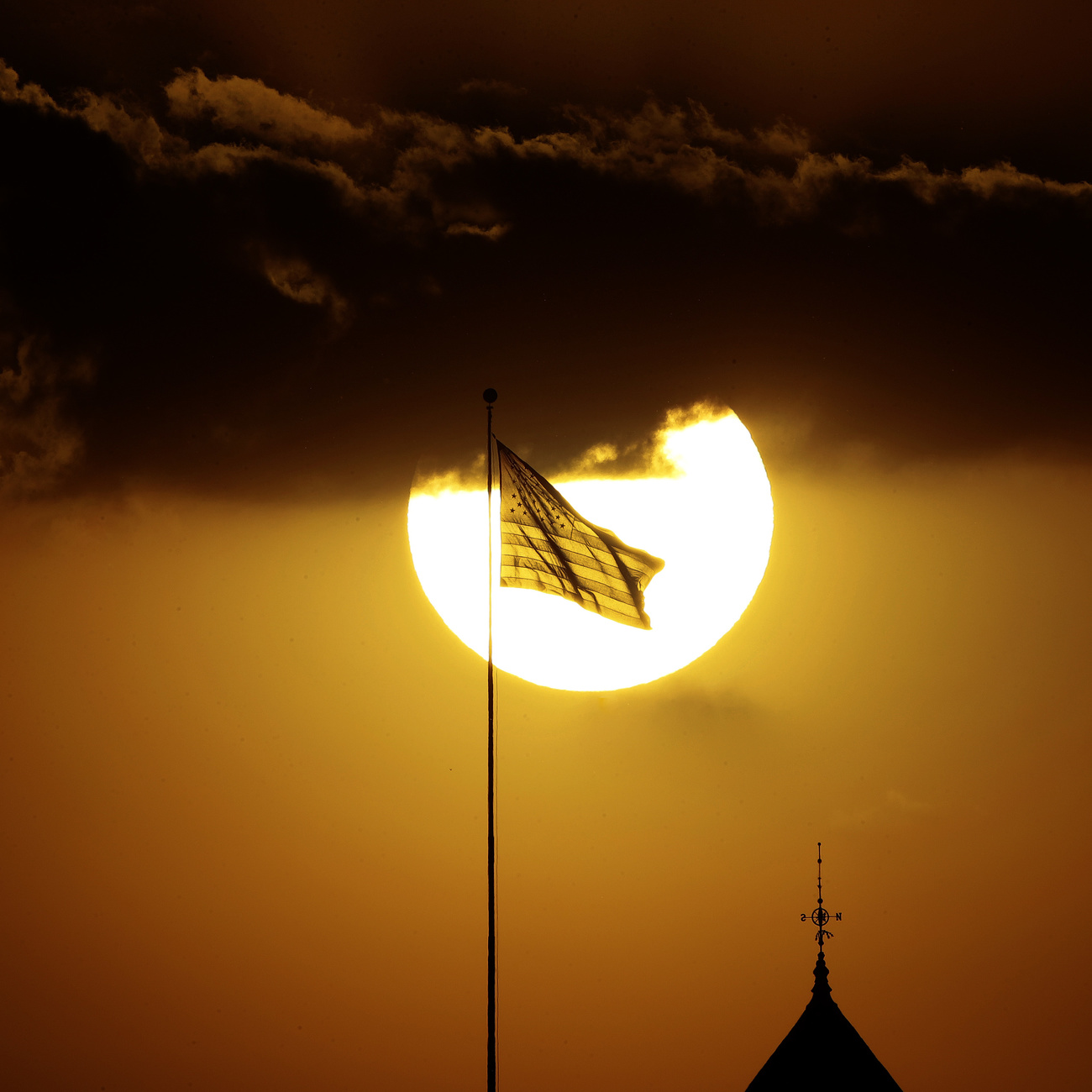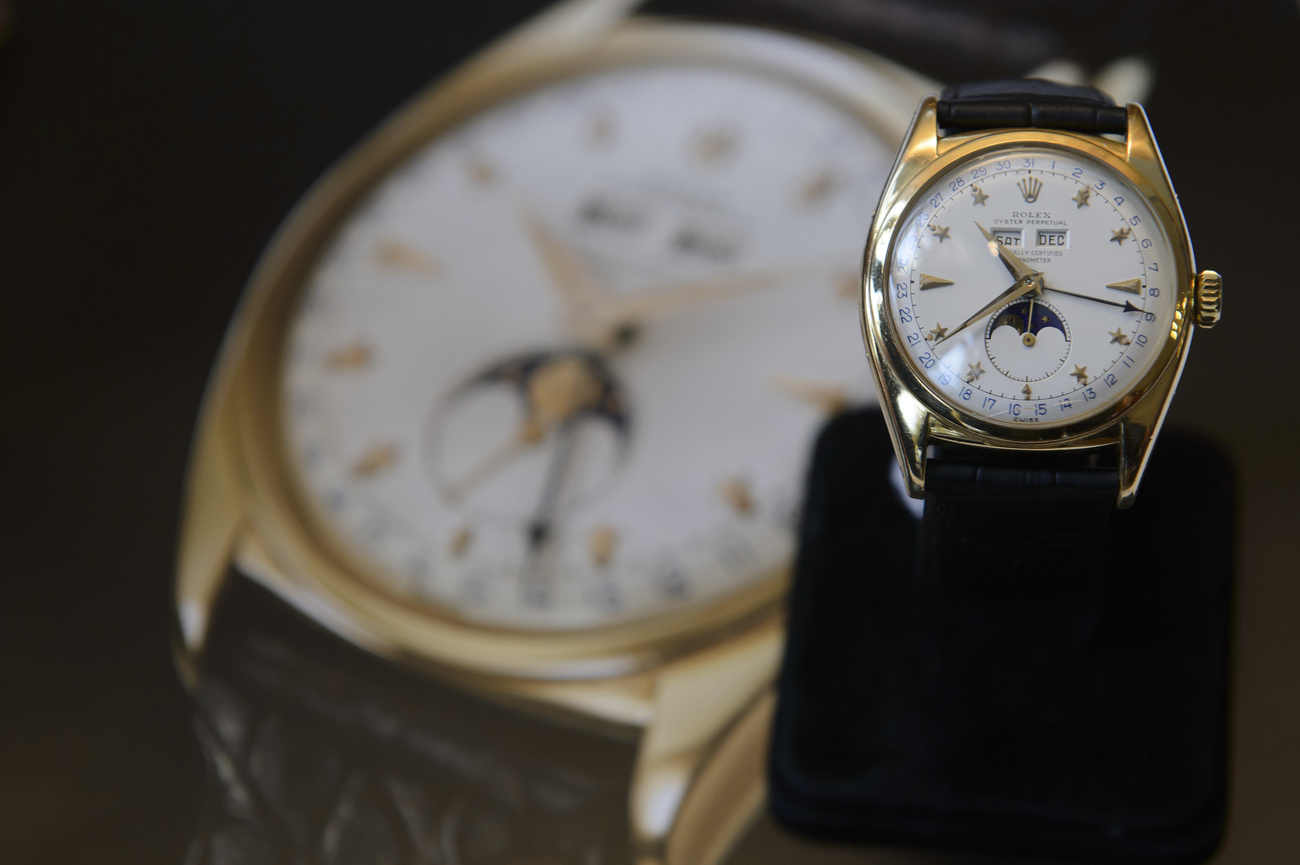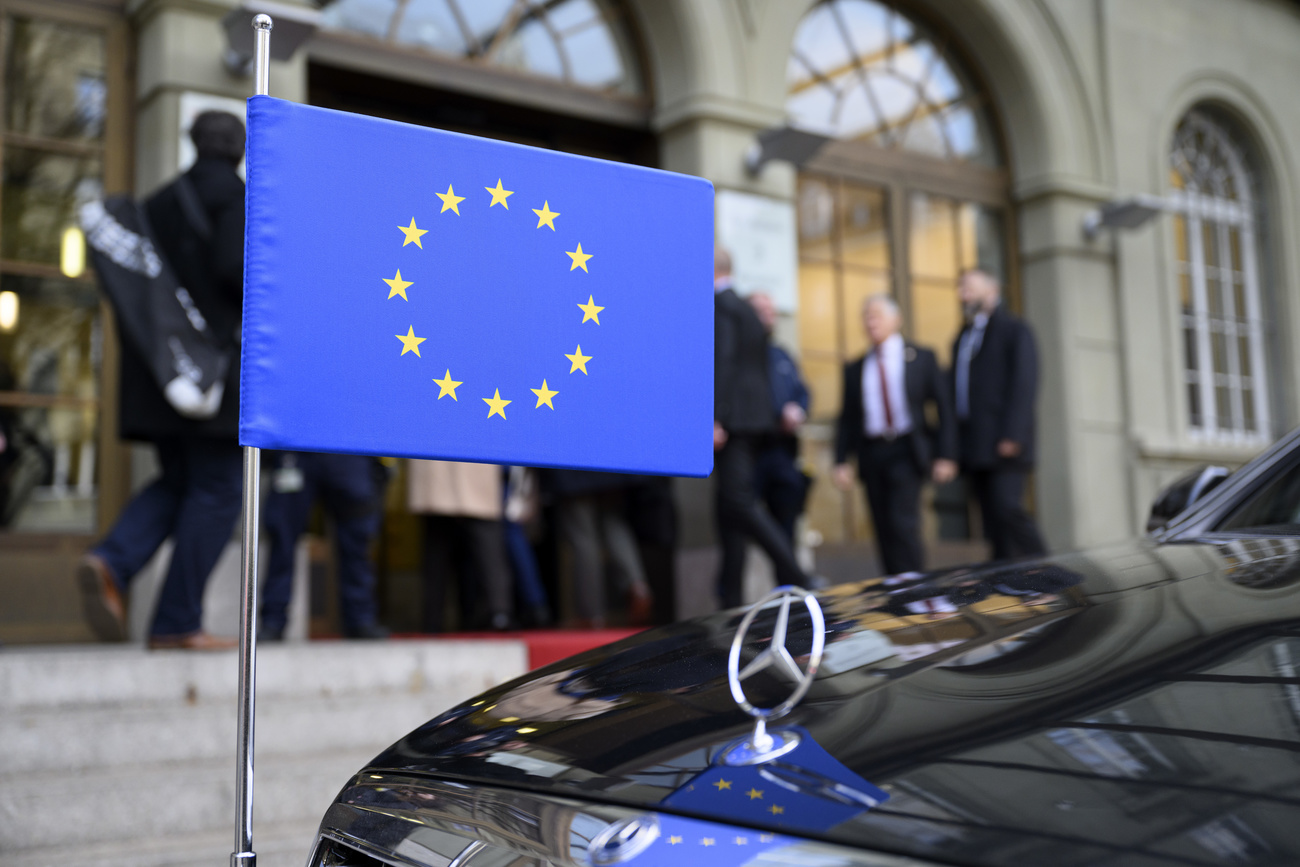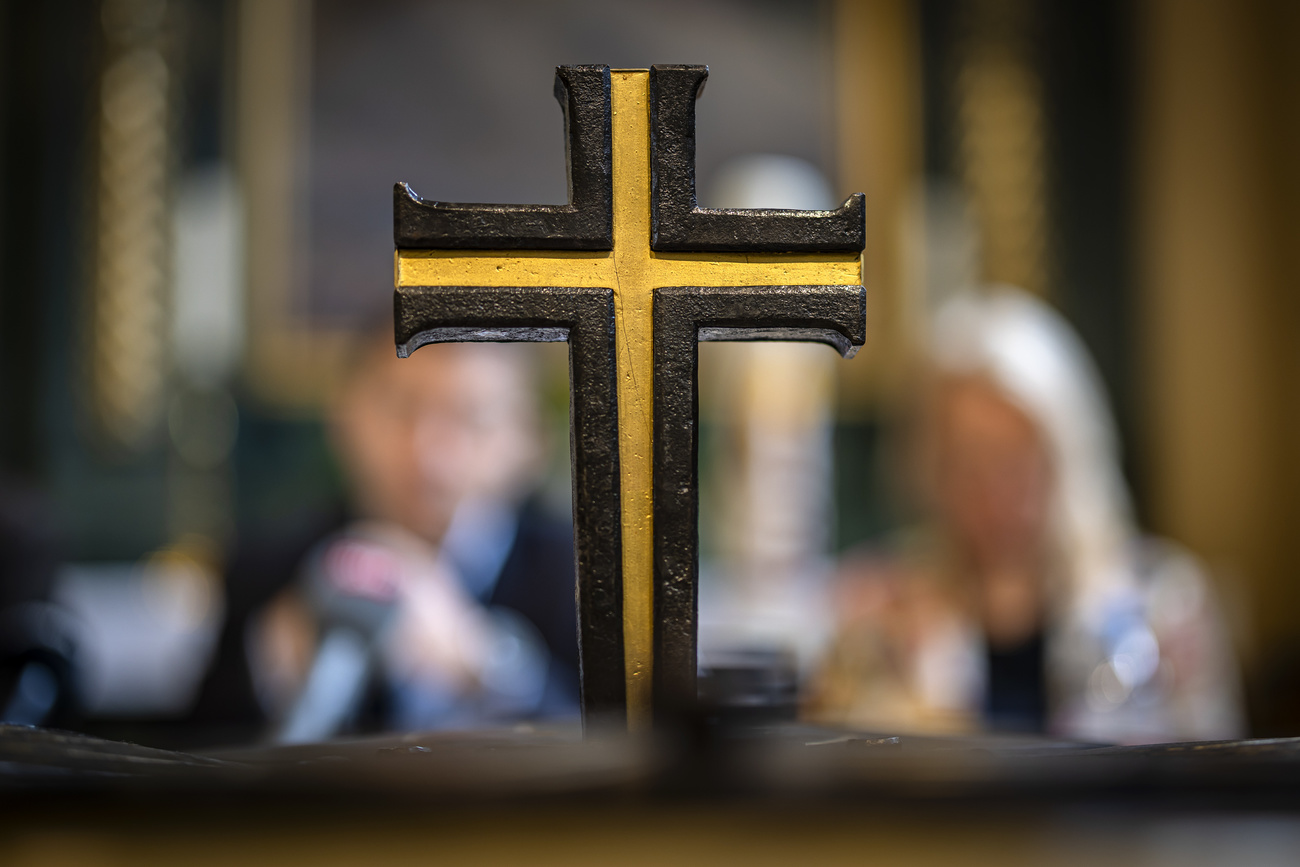
Switzerland Today
Dear Swiss Abroad,
No sooner has Switzerland concluded negotiations with the European Union (EU) over a new package of bilateral agreements than it is now attempting to distance itself from them – to avoid yet another threat of tariffs from the Trump administration.
April 2, dubbed by the US President as "Liberation Day", is a big day as countries nervously await news on whether Washing ton will impose sweeping tariffs.
Enjoy your reading,

US President Donald Trump has dubbed April 2 as “Liberation Day” when he is expected to impose sweeping new tariffs. Concerned about the potential impact, the Swiss federal government has been meeting behind closed doors today.
The government has enlisted the expertise of Philipp Hildebrand, former chair of the Swiss National Bank, to assess the situation. Swiss President and Finance Minister Karin Keller-Sutter and Economics Minister Guy Parmelin are also expected to travel to the United States at the end of April to defend Swiss interests at the International Monetary Fund (IMF) and World Bank meetings.
In an effort to avoid new tariffs, the State Secretariat for Economic Affairs (SECO) has sent a letter to US authorities highlighting EU regulations that Switzerland has not adopted.
This is part of a strategy to distinguish Switzerland from its European neighbours, particularly in areas sensitive to Donald Trump, such as tech regulation and climate policy. The approach, however, has drawn strong criticism from the Swiss left, which views it as a betrayal of Europe.
Whether these efforts have worked will be revealed during a US press conference scheduled for Wednesday evening.

Between November 2022 and September 2024, the Swiss State Secretariat for Economic Affairs (SECO) handed out more than 20 penalties as part of sanctions against Russia and Belarus.
Sanctions extend beyond frozen assets: exports of certain goods, including watches, jewellery and other luxury items, are banned. One example: a Russian resident’s purchase of a CHF276,000 ($312,385) watch was intercepted, and the jeweller was fined CHF5,000.
Other seized items included handbags, artwork and even industrial equipment potentially usable for military purposes. Fines during the period totalled nearly CHF50,000, covering goods worth approximately CHF500,000. Authorities believe most violations were due to negligence rather than wilful attempts to bypass sanctions.

Some 47% of Swiss respondents support the new package of agreements with the EU, according to a recent Tamedia poll. All major party electorates back the deal – except for the Swiss People’s Party. However, a high number of voters remain undecided.
Support breaks down politically as follows: 76% of Green Party voters are in favour, followed by 70% of Social Democratic Party voters, 59% of Centre Party voters and 56% of Radical-Liberals. The People’s Party electorate is overwhelmingly opposed, with 75% saying they are “against” or “clearly against” the package.
Geographically, German-speaking Switzerland is more pro-European (50%) than French-speaking Switzerland (42%). In total, 46% of respondents believe Switzerland should deepen its relationship with the EU, and 80% say good relations with the EU are important. Around 60% fear relations would deteriorate if the package were rejected in a referendum.
Migration policy, wage protections and regulatory authority are expected to be decisive issues in the public debate. The federal government concluded negotiations with the EU last December, but a vote on the agreement package won’t take place before 2028.

More than a quarter of German-speaking Swiss Catholics have considered leaving the Church, while among Protestants, one in five say the same.
These are the results of a survey commissioned by the Zurich Catholic Church and conducted by the Sotomo research institute in autumn 2024. The Catholic Church’s image has suffered significantly, largely due to sexual abuse scandals.
Among Zurich Catholics, 47% said the Church’s image is poor. That figure stands at 35% across the rest of German-speaking Switzerland – and 62% among the German-speaking population overall. In contrast, only 20% have a negative view of the Reformed Church.
Survey participants also criticised the Catholic Church’s positions on social issues. Around 90% objected to its refusal to ordain women and to its restrictive stance on abortion and homosexuality.
There were, however, positive views: 71% of Catholics praised the Church’s social engagement, and 95% said this kind of work is a core part of its mission.
Translated from French using DeepL/amva

In compliance with the JTI standards
More: SWI swissinfo.ch certified by the Journalism Trust Initiative







